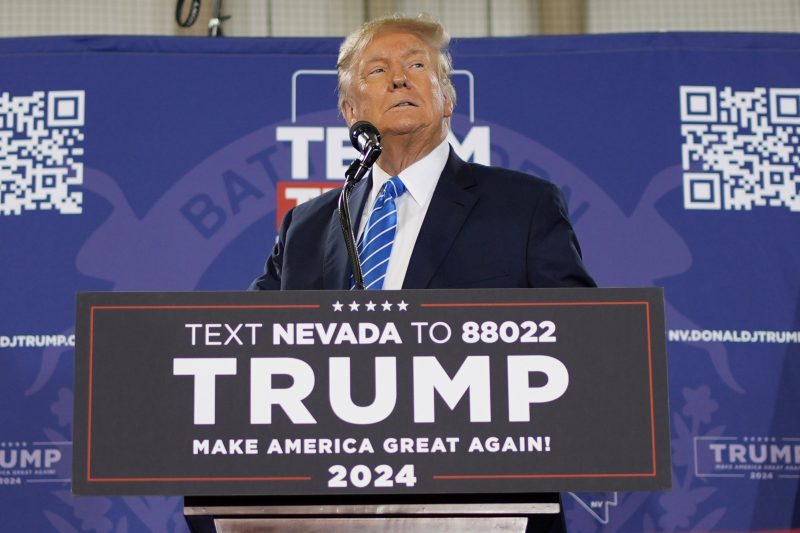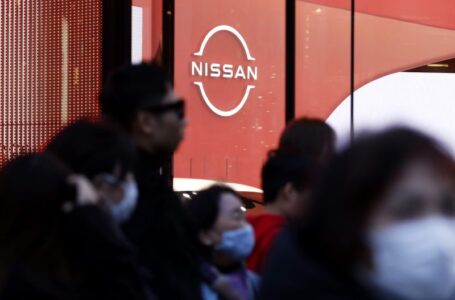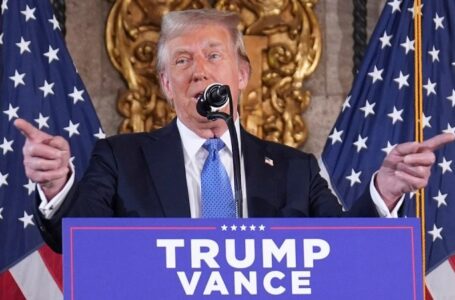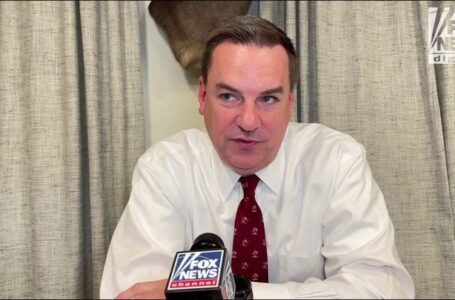Trump poised for victory in Nevada’s GOP caucuses


Donald Trump is well positioned to sweep Nevada’s 26 delegates in the caucuses that will be run by the state Republican Party on Thursday night, a contest where party officials who are backing him shaped the rules in his favor — and no other prominent GOP candidate dared to compete.
Nevada is the third early-state contest where delegates are on the line, coming after Iowa and New Hampshire, where the former president won decisively and claimed a commanding advantage in the race for the Republican nomination.
The Nevada Republican Party is holding its caucuses two days after the state-run primary where Trump’s name did not appear on the Republican ballot that was mailed to every registered voter. Nikki Haley — the only major contender still competing against Trump for the nomination — still faced an embarrassing setback in the primary when far more voters selected “none of these candidates” instead of her name.
But under the state GOP rules, candidates were not permitted to compete in both contests and the primary was virtually meaningless because the party’s delegates will be allocated to whichever candidate wins Thursday’s caucus. Trump is the only major candidate competing in the caucuses.
After Haley and several other GOP candidates placed their names on the primary ballot — and chose to forgo the caucuses — Trump’s allies and supporters said they intended to select the “none of these candidates” option on the ballot as a show of support for the former president.
Haley’s campaign manager emphasized this week that the former South Carolina governor had not spent any money or effort in Nevada after concluding that the delegate rules were shaped by the state’s party leaders in a fashion that would be most favorable to Trump.
During a January rally in Nevada, Trump told his backers to ignore the primary altogether. “Don’t waste your time on primary, waste all of your time on caucus,” he said, adding “the primary doesn’t mean anything.”
Trump won the GOP caucuses in Nevada in 2016 on the strength of his anti-establishment appeal and his promises to “drain the swamp” in Washington, outmaneuvering competitors who were better organized, including Sens. Marco Rubio (Fla.) and Ted Cruz (Tex.). President Biden narrowly won the 2020 general election race in Nevada, but Trump has maintained a firm grip on the loyalty of the GOP base in the Silver State.
Nevada voters had selected its presidential nominees for decades by attending the caucuses held by their respective parties. But after the 2020 elections, Democratic lawmakers pushed to hold a statewide primary and forgo the caucuses, which often drew low turnout and were largely controlled by party activists. Over the objections of Republicans, Democratic state lawmakers passed a 2021 law guaranteeing that every state voter would receive a primary ballot in the mail, as well as options to vote in person or at a drop box.
The state’s Republican leaders sued the state — arguing that Democratic lawmakers could not determine their process for choosing delegates — and won the right to award delegates through their caucus process. The conflict resulted in the confusing situation this week in which GOP voters were able to cast a ballot in Tuesday’s state-run primary but will decide which candidate should get the 26 delegates in the separate Republican Party-run caucuses on Thursday night.
Republican Gov. Joe Lombardo, who was endorsed by Trump in his 2022 run but initially stayed neutral in the 2024 presidential race, was among those who chose to support “none of these candidates” in Tuesday’s contest.
In a January interview with the Nevada Independent, Lombardo said he planned to caucus for Trump and was choosing the none-of-the-above option because “the race is over.”











